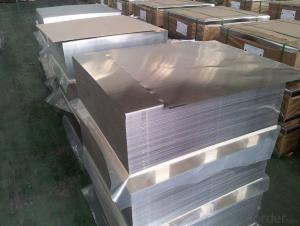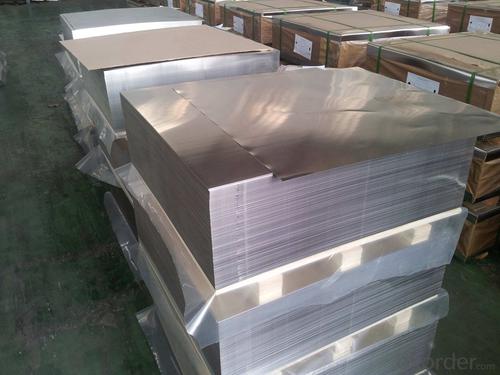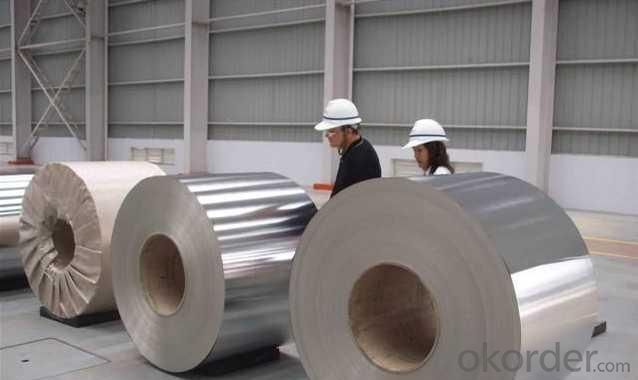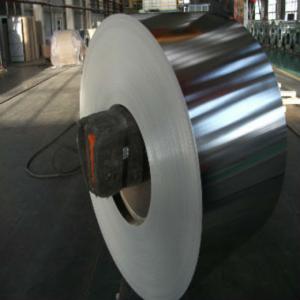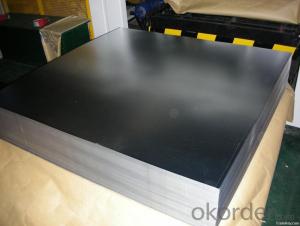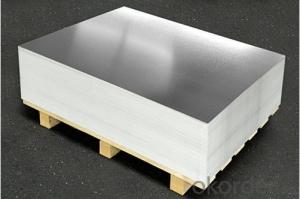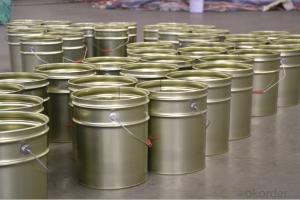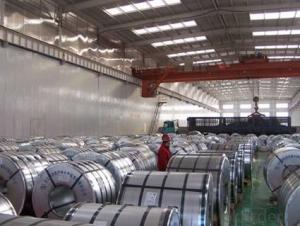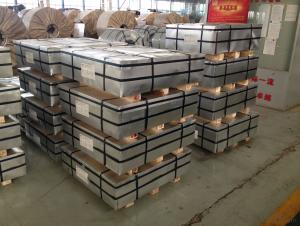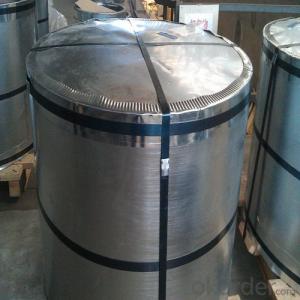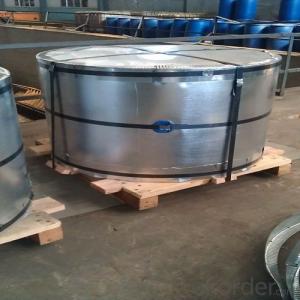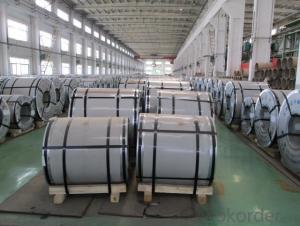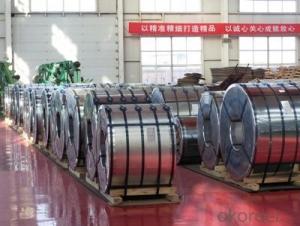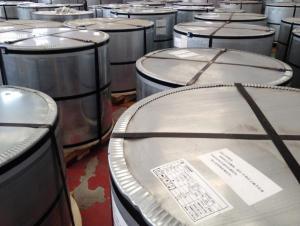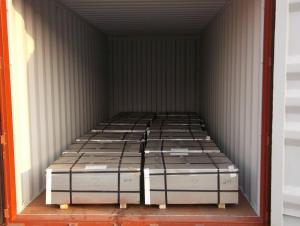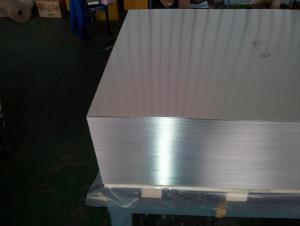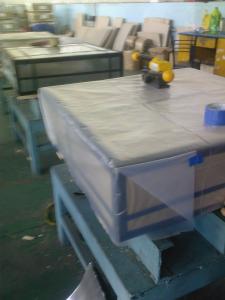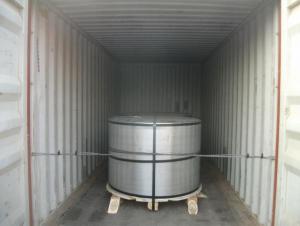0.25mm Thick T3 Hardness Electrolytic Tinplate for Paint Pot
- Loading Port:
- Tianjin
- Payment Terms:
- TT OR LC
- Min Order Qty:
- 100 m.t.
- Supply Capability:
- 40000 m.t./month
OKorder Service Pledge
OKorder Financial Service
You Might Also Like
Specification
0.25mm Thick T3 Hardness Electrolytic Tinplate for Paint Pot Description
| Steel Type | MR | ||
| Temper(BA&CA) | T1~T5, DR8, DR9 | ||
| Coating | 1.1~11.2g/m2 (Both Equal and Differential) | ||
| Thickness and tolerance | 0.15~0.50mm(Tolerance: _+0.01 mm) | ||
| Width & tolerance | 300~1000mm (Tolerance: 0~3mm) | ||
| Cut length & tolerance | 450~``50mm (Tolerance: 0~3mm ) | ||
| Coil inside diameter | 420/508mm | ||
| Coil Weight | 3~10 MT | ||
| Passivation | 311 | ||
| Oiling | DOS | ||
| Surface Finish | Bright, Stone, Silver, Matte | ||
| Packaging | Seaworthy Standard with wooden pallet | ||
| Standards Available | GB/T2520, JIS G3303, ASTM A623M & EN10202 | ||
| Special specitications are available on request. | |||
0.25mm Thick T3 Hardness Electrolytic Tinplate for Paint Pot China
Tinplate can ensure food hygiene and minimize the possibility of corruption, effectively
prevent the danger to health, but also in line with modern convenience in tinplate packaging
of canned food diet, rapid demand, tea packaging, coffee packaging, health careproduct
packaging, candy wrappers, cigarette packaging, gift packaging, food packaging containers
are preferred.As well as other miscellaneous cans of the oils and fats cans, chemicals
cans, beverage cans, spray cans, and and so on on.
0.25mm Thick T3 Hardness Electrolytic Tinplate for Paint Pot Images
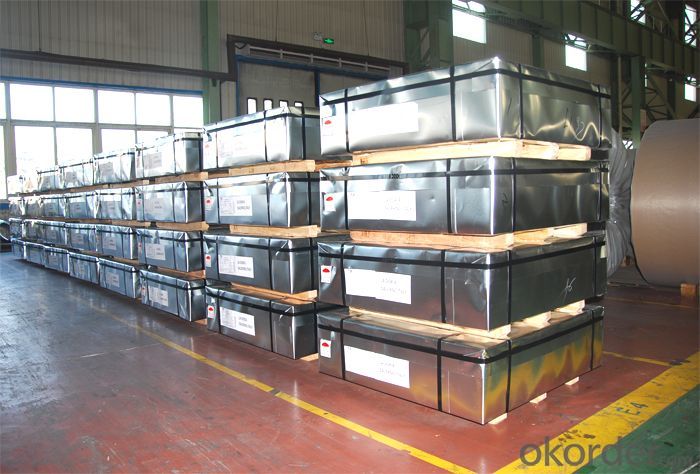
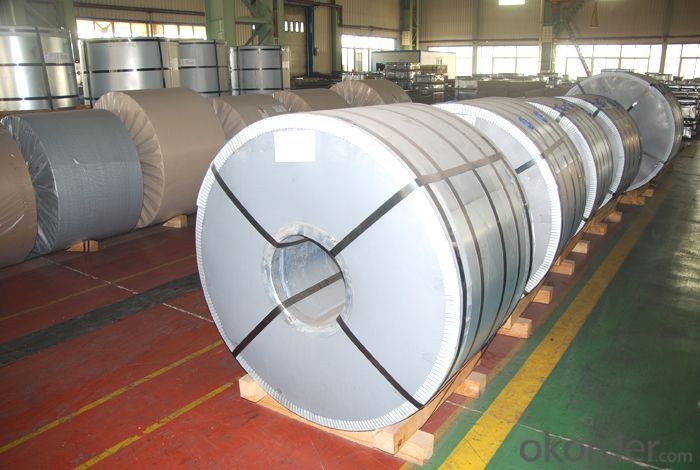
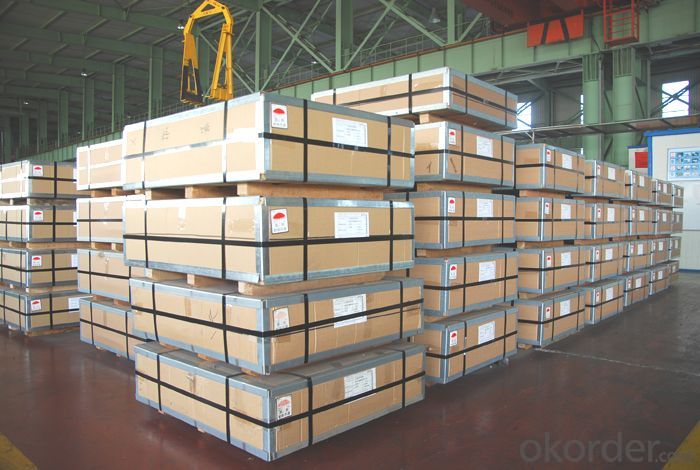
0.25mm Thick T3 Hardness Electrolytic Tinplate for Paint Pot Specification
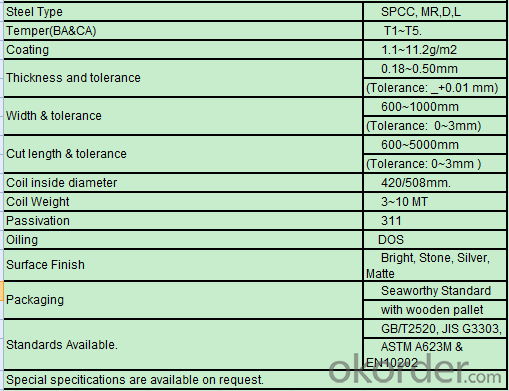
FAQ of 0.25mm Thick T3 Hardness Electrolytic Tinplate for Paint Pot
How long does it take to get the product if i place an order?
With the process of your requirements,we will pack and deliver in 3-7 days.If it is by sea shipment,it will take 15-45 days depending on different locations.
- Q: What industries commonly use tinplate?
- The industries that commonly use tinplate include the food and beverage industry, packaging industry, automotive industry, and electronics industry.
- Q: What is the cost of tinplate?
- The cost of tinplate varies depending on factors such as market demand, size, thickness, and quality.
- Q: What are the main factors affecting tinplate coil loading and unloading?
- The main factors affecting tinplate coil loading and unloading include the weight and size of the coils, the type of loading and unloading equipment available, the condition of the storage area or container, and the expertise and efficiency of the operators involved.
- Q: What is the purpose of coating tinplate?
- The purpose of coating tinplate is to provide a protective barrier against corrosion and to enhance the appearance of the metal surface.
- Q: How long does tinplate packaging last?
- Tinplate packaging can last for several years, depending on the storage conditions and how well it is maintained.
- Q: You can do is tin iron electromagnet
- Tinplate is a tin covered with tin, it is not easy to rust, also known as tin iron.
- Q: What are the different types of tinplate printing techniques?
- There are several types of tinplate printing techniques, including offset lithography, screen printing, and digital printing.
- Q: How is tinplate affected by different types of food products?
- Tinplate can be affected by different types of food products due to their varying acidity levels and ingredients. Foods that are highly acidic or contain high levels of salt can cause corrosion of the tin coating, leading to the potential transfer of tin to the food and affecting its taste and quality. Additionally, foods with strong flavors or odors can interact with the tinplate, potentially altering the taste and aroma of the food. It is important to ensure proper packaging and storage conditions to maintain the integrity of the tinplate and preserve the quality of the food product.
- Q: What are the different methods of printing on tinplate?
- There are several methods of printing on tinplate, including lithography, screen printing, and digital printing. Lithography involves transferring an image onto a metal plate, which is then used to print onto the tinplate. Screen printing uses a mesh screen to apply ink onto the tinplate through open areas of the screen. Digital printing utilizes computer-controlled printers to directly apply ink onto the tinplate, allowing for greater flexibility and detailed designs.
- Q: Can tinplate be used for packaging agricultural products?
- Yes, tinplate can be used for packaging agricultural products. Tinplate is a type of steel coated with a thin layer of tin, which provides excellent corrosion resistance and protection against external factors such as moisture and oxygen. This makes it suitable for packaging agricultural products like grains, seeds, and canned fruits and vegetables, as it helps maintain the freshness and quality of the products. Tinplate packaging also offers good printing and branding opportunities, making it an ideal choice for agricultural product packaging.
Send your message to us
0.25mm Thick T3 Hardness Electrolytic Tinplate for Paint Pot
- Loading Port:
- Tianjin
- Payment Terms:
- TT OR LC
- Min Order Qty:
- 100 m.t.
- Supply Capability:
- 40000 m.t./month
OKorder Service Pledge
OKorder Financial Service
Similar products
Hot products
Hot Searches
Related keywords
